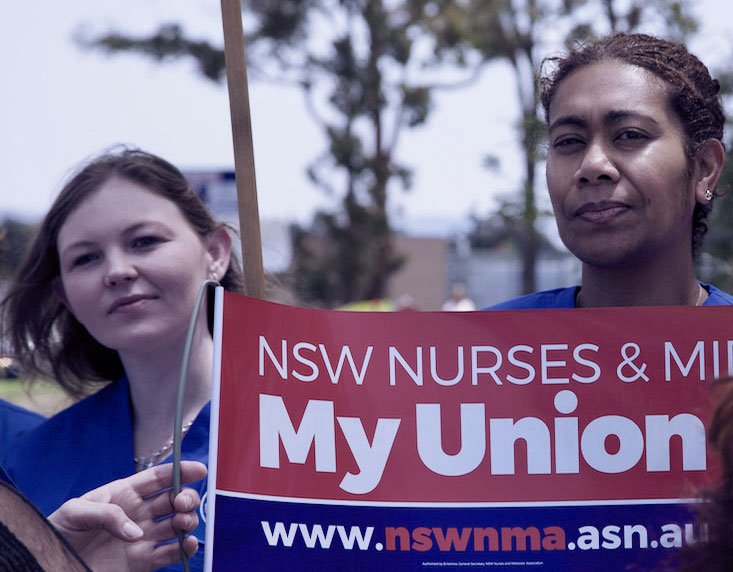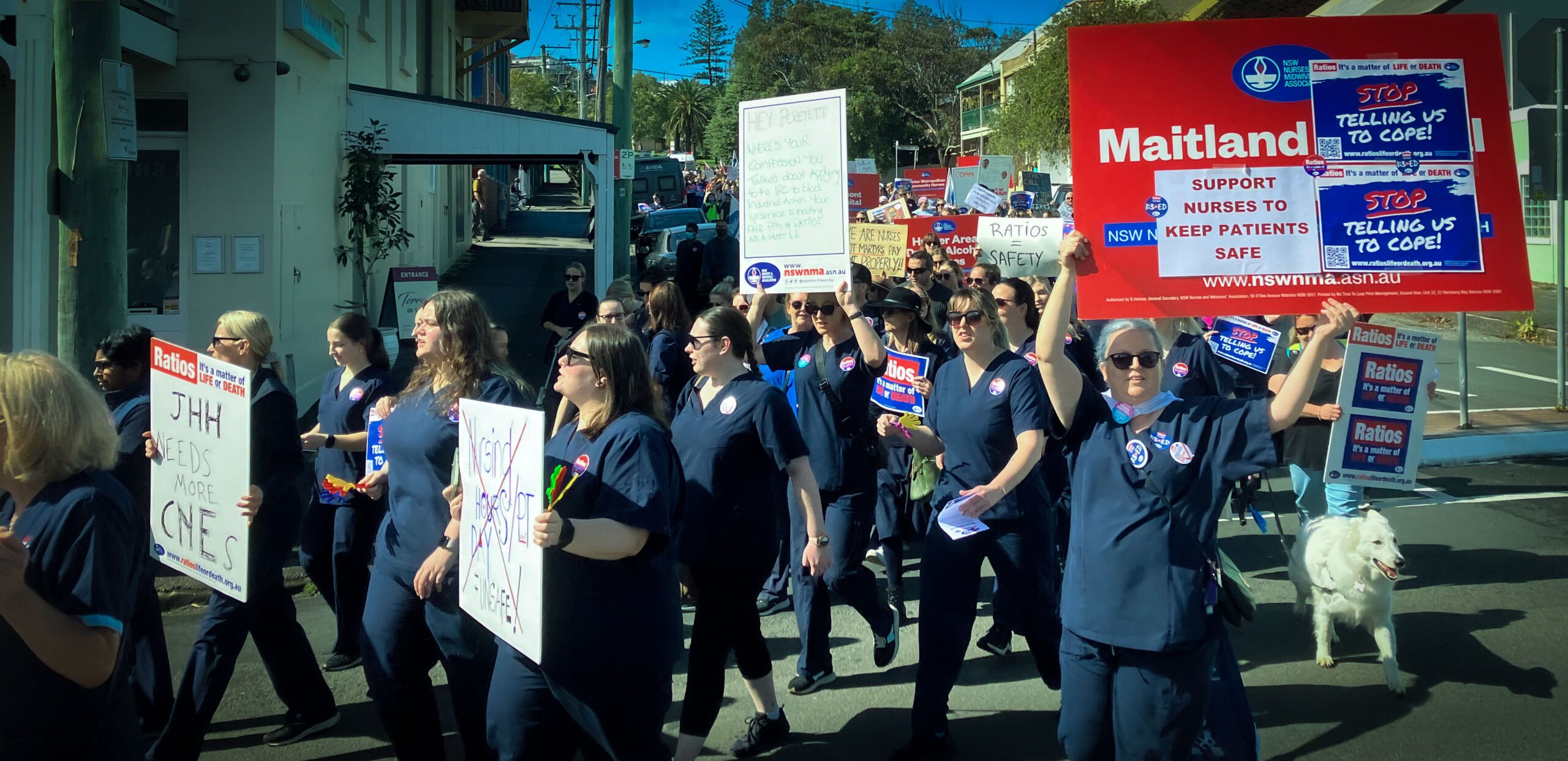The NSW Nurses and Midwives’ Association (NSWNMA) will present serious concerns around staffing and funding in aged care to the Senate Standing Committee on Community Affairs in Canberra today.
Brett Holmes, General Secretary of the NSWNMA, will argue the need for all states and territories to support registered nurses 24/7 by expanding on the submission made by the Australian Nursing & Midwifery Federation (ANMF) that described a systemic failure to ensure the delivery of safe and adequate care to aged care residents.
“We heard shocking stories from workers and families during the National Aged Care Survey that prove the need for registered nurses to be on site at all times in aged care facilities where complex care is delivered. NSW has had this legal requirement for decades but earlier this year the decision was made to remove it. Our submission to the inquiry into the future of Australia’s aged care sector workforce will recommend that the federal government look at instating this requirement in federal legislation to enforce a safe level of care for elderly Australians. In fact this is only the first step of what is needed – guaranteed overall staffing levels are essential,” Mr Holmes said.
Almost 2,500 nurses and community members took part in the national phone-in and on-line questionnaire in June, with over a third of those calling from NSW. Of the NSW nurses surveyed, 78% said current staffing levels were unable to provide an adequate standard of nursing care.
In addition to the phone-in, the NSWNMA’s submission to the Senate Inquiry into the future of Australia’s aged care sector workforce provided 20 recommendations based on information obtained in close consultation with its members.
“There are obvious staffing problems that are contributing to a dramatic decline in the standards of basic care within the aged care sector. These issues are nationwide, so something has to be done on a federal level to make sure there are at least some standards in place,” Mr Holmes said.
“High care residents entering aged care facilities have increased to 83% in 2014, yet the number of registered nurses is continually decreasing. Between 2007 and 2012, the percentage of RNs in the aged care workforce went from 21% to just 15%. This is of great concern because we know that residents in aged care are older and more frail than ever before, yet the skill mix is being diluted.
“Today’s hearing will help us get those facts and member stories to Senators, so they can understand the future challenges Australia’s aged care workforce faces.”
The Senate committee will report its findings on 28 April, 2017.
Quotes from NSWNMA members:
- “My elderly mum (now 92) has been in aged care (off and on) for about 4 years. Her facility which has both low and high care residents has 1 RN on duty in each section overnight, however (from around 9:30 pm) there is only 1 RN on for the whole facility which has about 110 residents. This is really a shocking statistic especially when you consider that most residents have complex medical conditions.” – Concerned relative
- “There is a need for much higher level of staff in aged care. Less of the lower educated staff. This is a specialty area that requires highly trained staff.” – Registered Nurse Educator
- “Cert III trained staff have limited training, and legally, are only meant to assist those they care for to take their own medications. But, when you are dealing with frail aged with unstable medical conditions, it is more than just simple assistance that is required.” – RN – RACF
- “Theoretically, staff are meant to be supervised by an RN when giving medications. But due to the extremely poor ratios of RNs to care staff, and staff to residents, there is little or no supervision actually happening. Staff in general are too busy, and need to get things done as quickly as possible.” – RN – RACF
- “24/7 Clinical care oversight & preventative management by RNs is essential for supporting our frail, vulnerable aged residents. Unnecessary trips to hospital and preventing minor issues escalating to major ones, possibly leading to fatal outcomes, shortening of life.” – RN Public Hospital
Download this media release: Nurses take aged care staffing issues to the Senate







